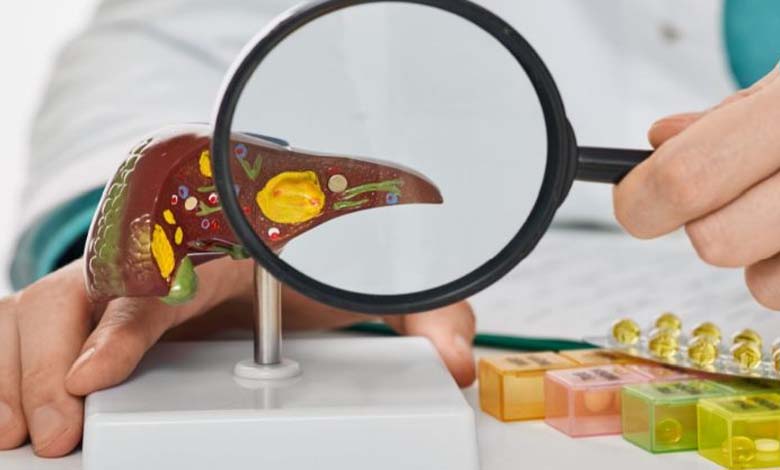How to Prevent Recurring Gallbladder Inflammation (Cholecystitis)

Cholecystitis, or inflammation of the gallbladder, can cause severe pain in the upper right abdomen, often accompanied by fever, nausea, and sometimes jaundice. It is most commonly triggered by obstruction of the cystic duct, usually due to gallstones. Once you have experienced a first episode, the risk of recurrence becomes significant and requires proactive measures.
-
The Frightening Effects of Fragmented Sleep on Brain Health: What Science Reveals
-
Study: Controlling Blood Pressure Protects Against Dementia
1. Identify the cause of the first episode
Prevention starts with a thorough medical evaluation. Accurate diagnosis determines whether the initial attack was caused by gallstones, bacterial infection, or a less common cause such as polyps, anatomical abnormalities, or tumors. Imaging studies — abdominal ultrasound, CT scan, or MRI — are crucial for assessing the condition of the gallbladder and biliary system.
2. Adopt a tailored diet
Dietary habits play a key role in preventing recurrence:
- Reduce saturated fats (fatty meats, processed meats, fried foods) to decrease gallbladder strain.
- Increase fiber intake (vegetables, fruits, whole grains) to promote healthy digestion.
- Stay well-hydrated to maintain optimal bile consistency.
- Eat smaller, more frequent meals to prevent digestive overload.
-
The dangers of heat-induced gut stress
-
4 Types of Gut Bacteria Linked to Living Up to 100 Years
3. Avoid sedentary lifestyle and manage weight
Obesity is a major risk factor for gallstone formation. Regular moderate physical activity, combined with healthy weight management, significantly reduces the risk of another attack.
4. Monitor underlying health conditions
Diseases such as diabetes, metabolic disorders, and chronic inflammatory conditions can increase the risk of cholecystitis. Optimal management of these conditions helps reduce recurrence.
-
Animal vs Plant-Based Iron: Which Does Your Gut Prefer?
-
Raw or Cooked Vegetables: Which Is Better for Your Gut Health?
5. Consider surgical intervention
For patients with frequent recurrences or complications, cholecystectomy (removal of the gallbladder) is often recommended. Today, this is commonly performed laparoscopically, offering a definitive solution to prevent future attacks.
6. Commit to regular medical follow-up
Routine check-ups and, when necessary, follow-up ultrasounds allow early detection of issues and timely intervention before a new attack develops.
In short, preventing recurrent cholecystitis relies on a combination of healthy lifestyle habits, regular medical monitoring, and, in some cases, surgical removal of the gallbladder. A balanced lifestyle and constant vigilance are your strongest allies in avoiding another painful episode.












